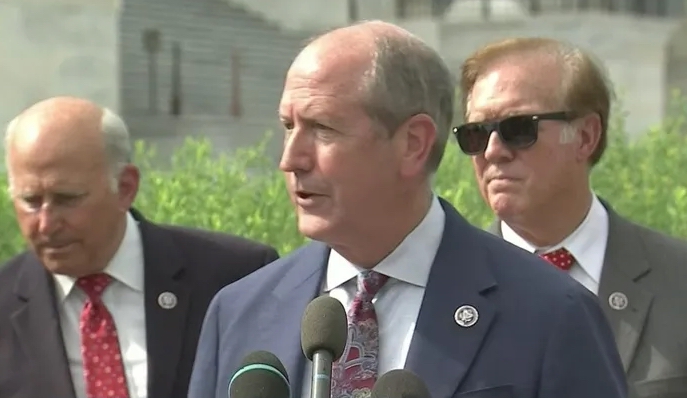Its a called a meeting of the minds when a person agrees to buy a product or service at the price and under the terms presented by a seller. Whether the scenario involves buying a can of soup at a grocery store, or renting a room for a night in a person’s home, it’s the classic win/win. But not everyone is pleased about the growing short-term rental industry. Short-term rentals and sharing services such as Airbnb are attracting the ire of the hotel industry and the eye of regulators.
“One-size-fits-all state regulation may not always be the most appropriate policy response, and states may therefore choose to allow local governments to regulate,” said Kellen Zale, a law professor at the University of Houston who has done research on the short-term rental market.
Some big cities, such as New York, saw the short-term rentals as a threat to the rental market based on long-term leases, as well as to traditional hotels. New York last year allocated extra funding to enforce a state law restricting rentals for fewer than 30 days unless the host is present and there are no more than two guests.
Other cities saw the short-term rentals as a potential source of income and sought to expand tourist or hotel taxes to the new schemes, with varying success.
Facing competition, the hotel industry is fighting back against the sharing economy, as the New York Times reported last year.
“Airbnb is operating a lodging industry, but it is not playing by the same rules,” Troy Flanagan, the American Hotel and Lodging Association’s vice president for state and local government affairs, said in an interview.
The main prongs of the association’s plan to constrain Airbnb include lobbying politicians and state attorneys general to reduce the number of Airbnb hosts, funding studies to show Airbnb is filled with people who are quietly running hotels out of residential buildings and highlighting how Airbnb hosts do not collect hotel taxes and are not subject to the same safety and security regulations that hotel operators must follow.
The group said it would focus its efforts in key markets, including Los Angeles, San Francisco, Boston, Washington and Miami.
And in Raleigh, short-term rentals have become an issue of contention as well. No industry appreciates new competition; that’s understandable. But innovation and change is inevitable, and the market is demanding more choices.


